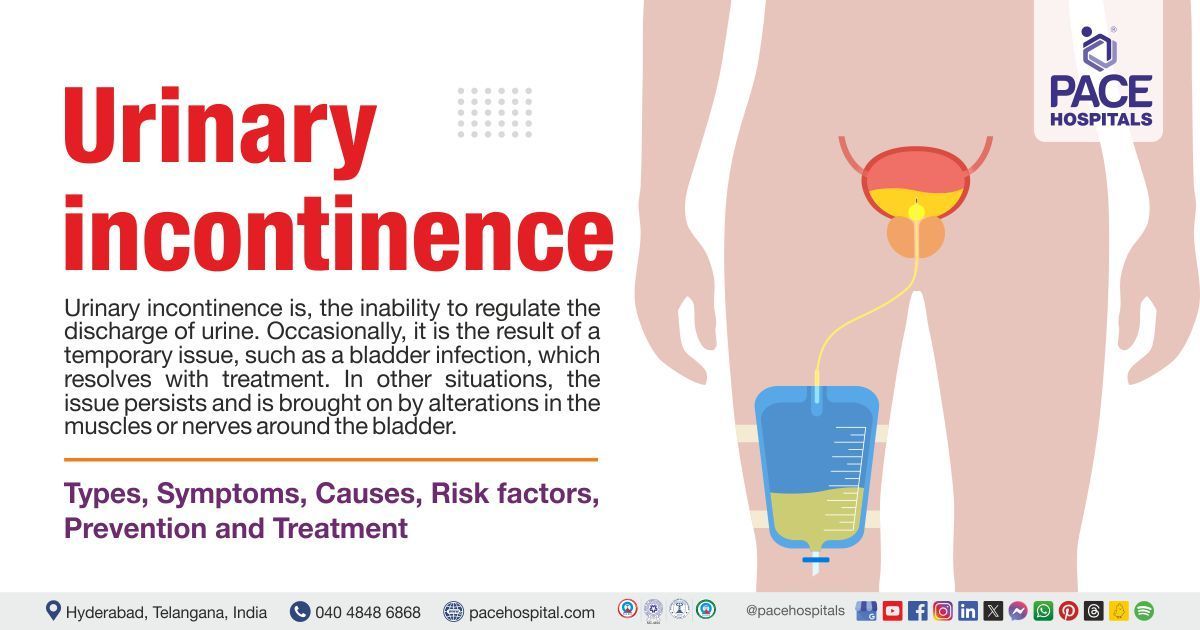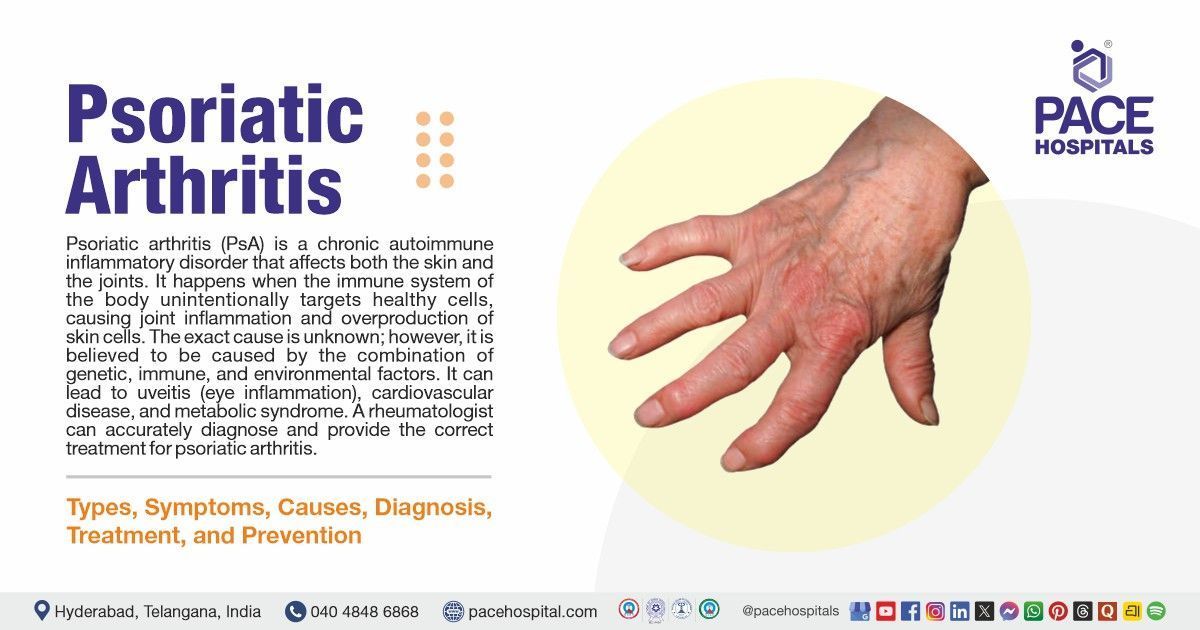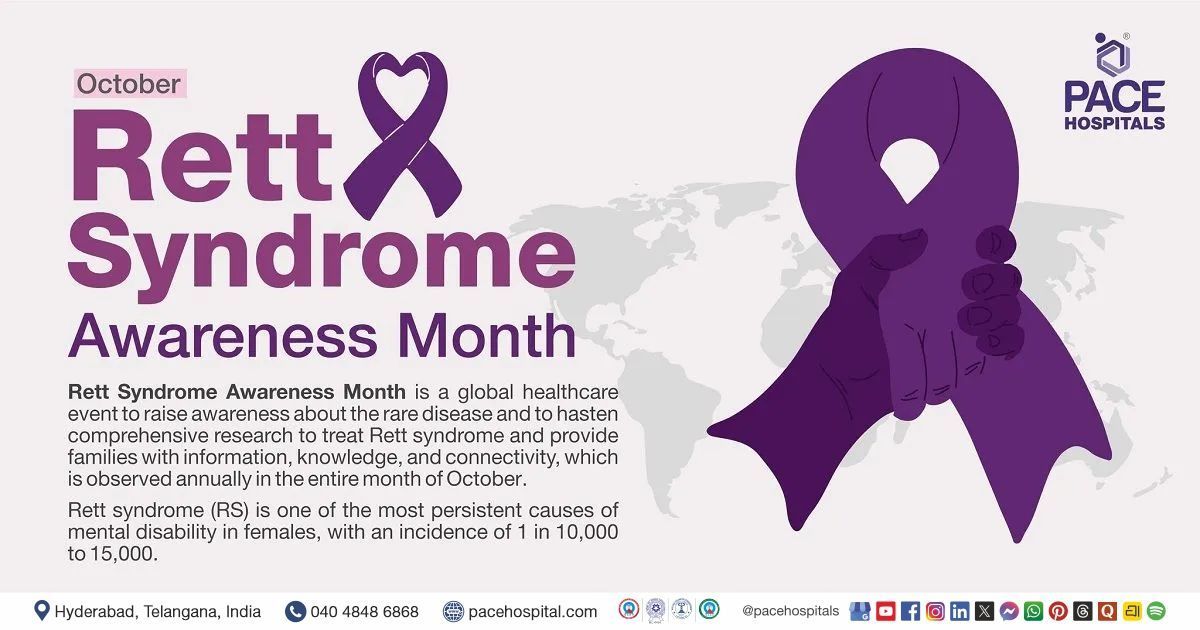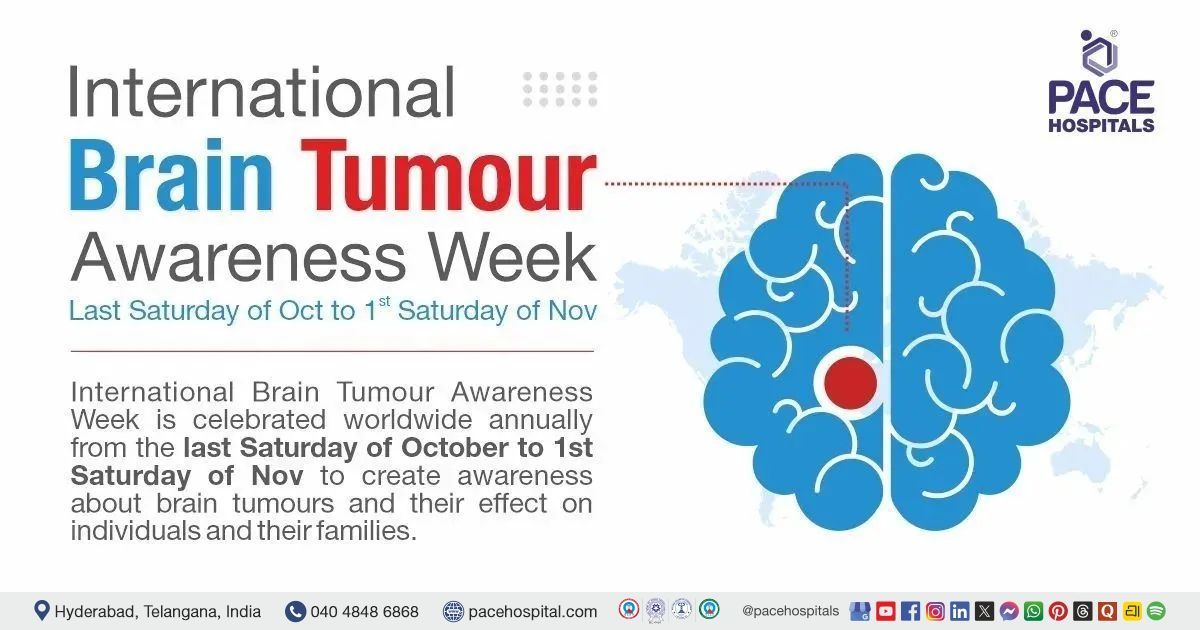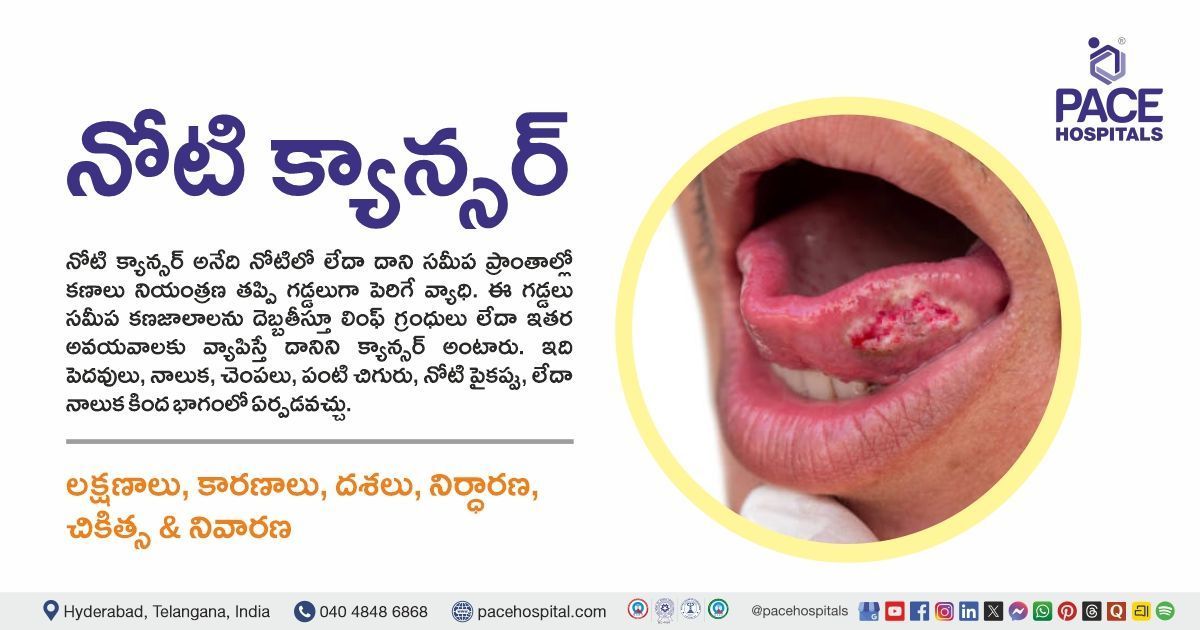Best Doctor for Urinary incontinence in Women, Men & Children in Hyderabad
✅ Recommended by 9,452 Happy Patients. Get hassle-free appointments with urinary incontinence specialists.
Dr. Abhik Debnath
MBBS, MS (General Surgery - IMS, BHU), MCh (Urology - CMC Vellore), DNB (Urology)
Experience : 12+ years
Consultant Laparoscopic Urologist, Endourologist, Andrologist & Kidney Transplant Surgeon
Specialist
Specialist in Urological conditions - Kidney stones, Bladder stones, Ureteral stones, Urinary tract infections, Pelviureteric junction obstruction, Chronic kidney disease, Bladder infections, Enlarged prostate, Hydrocele, Overactive Bladder, Interstitial Cystitis, Haematuria, Sexually transmitted infections, Paediatric urological conditions (undescended testicles and bedwetting), Urethral stricture, Urofacial syndrome, Bladder exstrophy, Hydronephrosis, Cancer conditions (bladder cancer, kidney tumour, testicular cancer and prostate cancer), etc.
Expertise
Minimally invasive procedures (endoscopic, laser, laparoscopic and robotic) that includes Renal transplantation and AV fistula creation, Double J stenting, Ureteroscopic lithotripsy (URL), Retrograde intrarenal surgery (RIRS), Percutaneous nephrolithotomy (PCNL), Percutaneous cystolithotomy (PCCL), Cystolitholapaxy, Transurethral resection of the prostate (TURP), Holmium laser prostate surgery (HoLEP), Transurethral resection of bladder tumour (TURBT), Direct vision internal urethrotomy (DVIU), urethroplasty, perineal urethrostomy, etc. In addition, he has special interests in diagnosing and treating overactive or underactive bladder, neurogenic bladder, voiding dysfunction, urological cancers, and urological stones.
Consultation Details
Languages Spoken: English, Hindi, Bengali, Telugu
Timing: Mon to Sat - 9 AM to 6 PM
Location: PACE Hospitals, HITEC City
Dr. K Ravichandra
MBBS, MS (General Surgery), MCh (Urology)
Experience : 11+ years
Consultant Laparoscopic Urologist, Andrologist & Kidney Transplant Surgeon
Specialist
Specialist in Urinary tract infections, Kidney stones, Pelviureteric junction obstruction, Bladder stones, Ureteral stones, Bladder infections, Chronic kidney disease, Enlarged prostate, Overactive Bladder, Hydrocele, Interstitial Cystitis, Sexually transmitted infections, Haematuria, Urethral stricture, Bladder exstrophy, Hydronephrosis, Cancer conditions (bladder cancer, kidney tumour, testicular cancer and prostate cancer), etc.
Expertise
Ureteroscopic Lithoripsy (URSL), Retrograde Intrarenal Surgery (RIRS), Double-J stenting, Percutaneous Nephrolithotomy(PCNL), Percutaneous Cystolithotomy, Cystolitholapaxy, Transurethral Resection of Prostate(TURP), Nephrectomy, Direct Visual Internal Urethrotomy etc.
Consultation Details
Languages Spoken: English, Hindi, Telugu
Timing: Mon to Sat - 9 AM to 6 PM
Location: PACE Hospitals, HITEC City
Dr. Vishwambhar Nath
MBBS, MS (General Surgery), DNB (Urology), M.Ch (Urology)
Experience : 40+ years
Senior Consultant Urologist & Renal Transplant Surgeon
Specialist
Specialist in Minimally Invasive treatments for Kidney Stones, BPH and Bladder Dysfunction, and Urological Cancers with a special interest in Bladder Cancer, Kidney Transplantation, and Laparoscopic and Robotic Urology.
Expertise
Medical and Surgical Treatment for BPH and Bladder Dysfunction, Urological Cancers, Reconstructive and tropical Urology, Minimally Invasive treatments for Kidney Stones, Kidney Transplantation, Evidence-Based Medicine, and Bringing the Art Back Into the Science of Medicine.
Consultation Details
Languages Spoken: English, Hindi
Timing: Mon, Wed, Fri - 11 AM to 1 PM
Location: PACE Hospitals, HITEC City
Top-Rated Urinary Incontinence Doctor in Hyderabad for Bladder Control Problems
PACE Hospitals, a well known destination for urinary incontinence treatment in Hyderabad, India. Our multidisciplinary team includes some of the best doctors for urinary incontinence in Hyderabad, known for their expertise in managing bladder control problems and involuntary urination across all age groups—women, men, and children.
Our urinary incontinence doctors in Hyderabad provide individualized, patient-centric care, addressing various forms of leakage such as female urinary incontinence, urinary incontinence in men, and urinary incontinence in children. We use advanced diagnostic tools like urodynamic studies, cystoscopy, pelvic ultrasound, and bladder diaries to accurately identify the type and severity of incontinence.
Whether it's stress incontinence, urge incontinence, overflow incontinence, functional incontinence, or mixed incontinence, our urinary incontinence specialists & Urologists tailor treatment plans to suit the patient's underlying condition and lifestyle needs.
We offer a comprehensive spectrum of urinary incontinence treatments, including behavioral therapies, pelvic floor exercises, bladder training, medications, nerve stimulation therapies, and urinary incontinence surgery such as sling procedures, bulking agents, or artificial urinary sphincter placement for complex cases.
With a strong commitment to clinical excellence, advanced urological care, and compassionate support, PACE Hospitals stands as a trusted destination for those seeking a
urinary incontinence treatment doctor in Hyderabad. Whether you are searching for a
female urinary incontinence specialist, a pediatric expert, or a male continence care provider, our team ensures long-term relief and improved quality of life.
Frequently Asked Questions (FAQs) on Urinary Incontinence
What are the common causes of urinary incontinence?
Urinary incontinence causes vary based on age, gender, and medical history. In women, pregnancy, childbirth, and menopause are common triggers due to pelvic floor muscle weakening. In men, prostate enlargement or prostate surgery can lead to incontinence. Other causes include:
- Neurological disorders or nerve damage
- Obesity
- Chronic constipation
- Urinary tract infections (UTIs)
- Side effects of medications
- Age-related muscle deterioration
Consulting the best urinary incontinence doctor in Hyderabad, India at PACE Hospitals can help identify the underlying cause and suggest a personalized treatment plan.
What are the signs of urinary incontinence?
The most noticeable sign is involuntary urination, especially during activities like sneezing, laughing, or exercising. Other signs include:
- Frequent, sudden urges to urinate
- Difficulty holding urine
- Nighttime urination disrupting sleep
- Dribbling or leakage after urination
If these symptoms are persistent or worsen over time, consult the best urinary incontinence treatment doctor in Hyderabad, India at PACE Hospitals for a proper diagnosis.
How is urinary incontinence treated?
Urinary incontinence treatment depends on its cause and severity. Options include:
- Pelvic floor therapy (Kegel exercises)
- Bladder training and fluid management
- Medications to calm an overactive bladder
- Lifestyle changes such as weight loss and reducing caffeine
- Use of medical devices or absorbent products
For severe or unresponsive cases, urinary incontinence surgery may be advised. At PACE Hospitals in Hyderabad, best urologists and specialists offer personalized treatment plans to improve bladder control and enhance quality of life.
What is bladder training?
Bladder training is a non-invasive behavioral therapy used to manage urinary incontinence, particularly urge incontinence. It involves following a timed schedule for urination and gradually extending the interval between bathroom visits, even if an urge is felt. This helps the bladder adapt to holding urine for longer periods. Many urinary incontinence specialists in Hyderabad, including those at PACE Hospitals, recommend bladder training as a first-line treatment before considering medications or surgery.
How long will urinary incontinence last?
The duration of urinary incontinence depends on its underlying cause, type, and the effectiveness of treatment. Temporary incontinence—caused by infections, medications, or postpartum changes—may resolve within weeks. However, chronic conditions such as neurological disorders, pelvic floor weakness, or age-related changes might require long-term management. With proper care from a skilled urinary incontinence treatment doctor in Hyderabad, India many individuals see gradual improvement and regain bladder control over time.
What is urinary incontinence, and how is it classified?
Urinary incontinence refers to the involuntary loss of urine, commonly known as bladder control problems. It affects individuals of all ages, including women, men, and children, and can significantly impact quality of life. It is classified into different types:
- Stress incontinence – leakage during physical activities like coughing or lifting
- Urge incontinence – sudden, intense urge to urinate
- Overflow incontinence – bladder does not empty completely
Functional incontinence – physical or cognitive challenges prevent reaching the toilet in time
Understanding the type of incontinence helps a urinary incontinence specialist determine the most effective treatment approach.
Can chemotherapy cause urinary incontinence?
Yes, chemotherapy can be a potential contributor to urinary incontinence. Some drugs may affect nerves or muscles responsible for bladder control. In women, hormone therapies used during cancer treatment may lead to female urinary incontinence. Additionally, chemotherapy-related fatigue, diarrhea, or pelvic changes can worsen bladder symptoms. It's important to discuss these side effects with your treating team or a urinary incontinence specialist for appropriate management.
When should someone see a doctor for urinary incontinence?
It’s advisable to consult a urinary incontinence doctor in Hyderabad if:
- Urine leakage is frequent or affects daily activities
- Symptoms develop suddenly or worsen over time
- There’s blood in urine or associated pelvic pain
- Incontinence causes emotional distress or social withdrawal
Early diagnosis allows for effective treatment. PACE Hospitals offers expert care from the best doctors for urinary incontinence in Hyderabad, India for timely intervention and long-term management.
Can urinary incontinence be a sign of a UTI?
Yes, urinary incontinence may occur as a symptom of a urinary tract infection (UTI). The infection can irritate the bladder lining, causing urgency, frequency, and accidental leakage. This form of incontinence is usually temporary and resolves with proper antibiotic treatment. If symptoms persist after treating a UTI, consult a leading urinary incontinence treatment doctor in Hyderabad, India to rule out other causes.
How to prevent urinary incontinence?
Preventing urinary incontinence involves adopting healthy lifestyle habits that support bladder function. Maintaining a healthy weight, staying physically active, and avoiding chronic constipation can reduce the risk. Pelvic floor exercises, such as Kegels, are especially helpful for strengthening muscles involved in bladder control—particularly beneficial in female urinary incontinence. Limiting caffeine and alcohol, avoiding smoking, and managing conditions like diabetes also play a preventive role. For personalized guidance, a urinary incontinence treatment doctor in Hyderabad can help assess individual risk factors.
Can colon cancer cause urinary incontinence?
While colon cancer does not typically cause urinary incontinence directly, advanced stages may affect nearby structures such as the bladder, leading to bladder control issues. In some cases, treatments like pelvic surgery or radiation may cause nerve damage or tissue changes that result in involuntary urination. If incontinence arises during or after cancer treatment, consulting a urinary incontinence specialist or urologist is essential for timely evaluation and care.
Can endometriosis cause urinary incontinence?
Yes, endometriosis can contribute to urinary incontinence in women, especially when endometrial tissue affects the bladder or pelvic nerves. This may lead to bladder pressure, irritation, urgency, or leakage. Managing endometriosis can improve these symptoms, though some individuals may require additional urinary incontinence treatment. The leading urinary incontinence specialist in Hyderabad, India such as those at PACE Hospitals, can provide tailored care for such overlapping conditions.
Can uterine prolapse cause urinary incontinence?
Uterine prolapse occurs when the pelvic floor muscles weaken, allowing the uterus to descend into the vaginal canal. This can put pressure on the bladder, leading to urinary incontinence in women, especially in the form of leakage during movement or difficulty emptying the bladder. Treatment options may include pelvic exercises, pessary devices, or surgery. A consultation with the top urinary incontinence doctor in Hyderabad, India can help determine the best course of action based on the severity.
Which doctor treats urinary incontinence?
A urologist is the primary specialist for diagnosing and treating urinary incontinence in both men and women. For female urinary incontinence, especially when related to pelvic organ disorders, a urogynecologist may also be involved. At PACE Hospitals, trusted doctors for urinary incontinence in Hyderabad offer comprehensive, gender-specific, and age-appropriate care for urinary incontinence in children, men, and women.
Is endoscopic urinary incontinence surgery painful?
Endoscopic urinary incontinence surgery is generally well-tolerated, with mild discomfort post-procedure. It is performed under anesthesia—either spinal or general—so patients feel no pain during surgery. Mild soreness or pelvic cramping may occur afterward, but this usually resolves within a few days. The procedure is a minimally invasive option for individuals not responding to conservative urinary incontinence treatment. Best urologists in Hyderabad at PACE Hospitals offer such surgical solutions with careful pain management and recovery support.
Can pelvic floor exercises (Kegels) help?
Yes, pelvic floor exercises—commonly known as Kegels—are a proven method to strengthen bladder-supporting muscles. They are highly effective for stress urinary incontinence, especially in women, and may also benefit those with urge incontinence. Consistent practice over several weeks can significantly reduce leakage episodes and improve quality of life. These exercises are often the first recommendation by a urinary incontinence treatment doctor in Hyderabad, as they are safe, non-invasive, and cost-effective.
Is it true that drinking less water will reduce incontinence?
No, reducing water intake is not an effective strategy for managing urinary incontinence. In fact, drinking too little water can lead to concentrated urine, which irritates the bladder and worsens urgency and leakage. Proper hydration supports overall bladder health. Instead of limiting fluids, it’s better to cut down on bladder irritants like caffeine and alcohol. For a personalized fluid management plan, consult a urinary incontinence treatment doctor in Hyderabad.
Are urinary incontinence and overactive bladder the same?
No, although they are related, urinary incontinence and overactive bladder (OAB) are not the same. OAB refers to a group of symptoms including frequent urination, sudden urges, and nighttime urination. Urinary incontinence, on the other hand, specifically refers to involuntary urination. Some people with OAB may also experience urge incontinence, but others may not have leakage. An experienced urinary incontinence specialist can help distinguish between the two and provide proper treatment.
How does urinary incontinence affect mental health?
Living with urinary incontinence can significantly affect a person’s mental and emotional well-being. Embarrassment, social withdrawal, anxiety, and even depression is common, especially if leakage disrupts daily activities or sleep. This is particularly seen in female urinary incontinence and in older adults. Early consultation with the good urinary incontinence doctor in Hyderabad, India and a supportive care plan at trusted hospitals like PACE Hospitals can help manage both the physical and psychological impact of the condition.
What our patients have to say
Why choose PACE Hospitals?
- A Multi-Super Speciality Hospital.
- NABH, NABL, NBE & NABH - Nursing Excellence accreditation.
- State-of-the-art Liver and Kidney transplant centre.
- Empanelled with all TPAs for smooth cashless benefits.
- Centralized HIMS (Hospital Information System).
- Computerized health records available via website.
- Minimum waiting time for Inpatient and Outpatient.
- Round-the-clock guidance from highly qualified super specialist doctors, surgeons and physicians.
- Standardization of ethical medical care.
- 24X7 Outpatient & Inpatient Pharmacy Services.
- State-of-the-art operation theaters.
- Intensive Care Units (Surgical and Medical) with ISO-9001 accreditation.
Share on
Request an appointment
Fill in the appointment form or call us instantly to book a confirmed appointment with our super specialist at 04048486868





